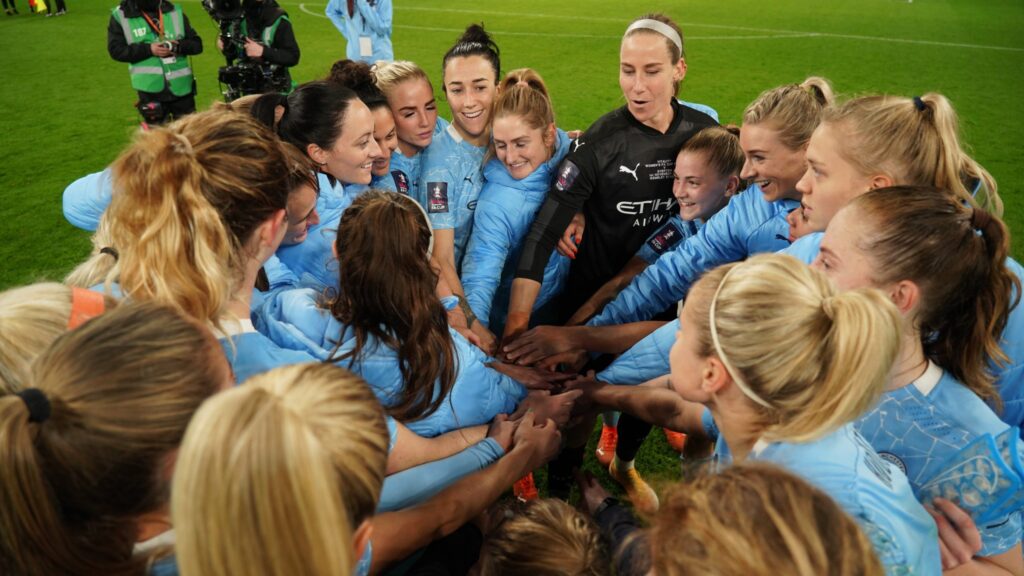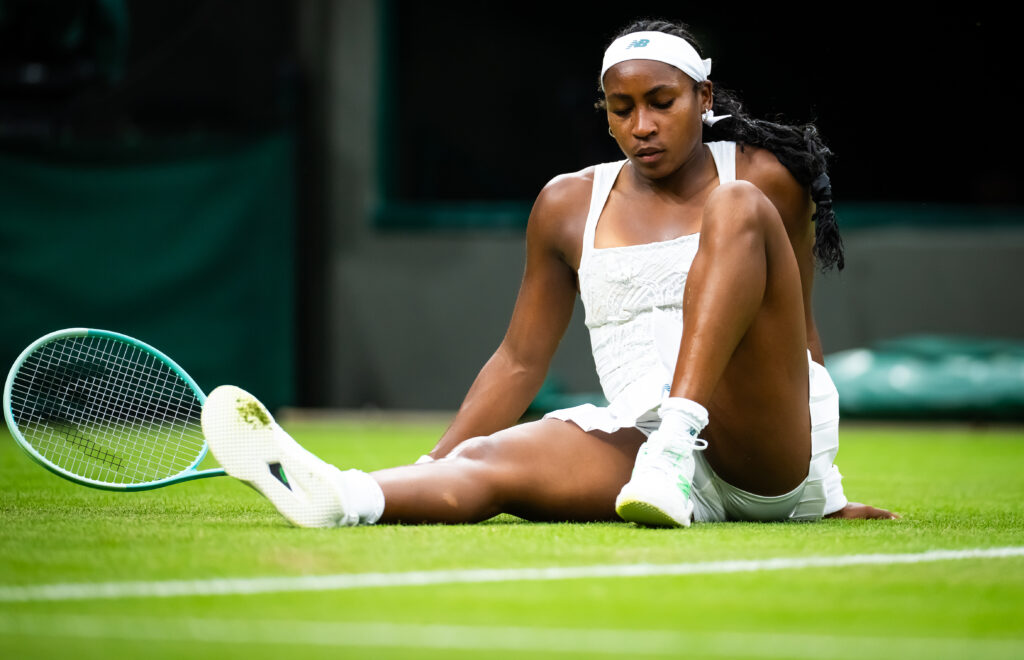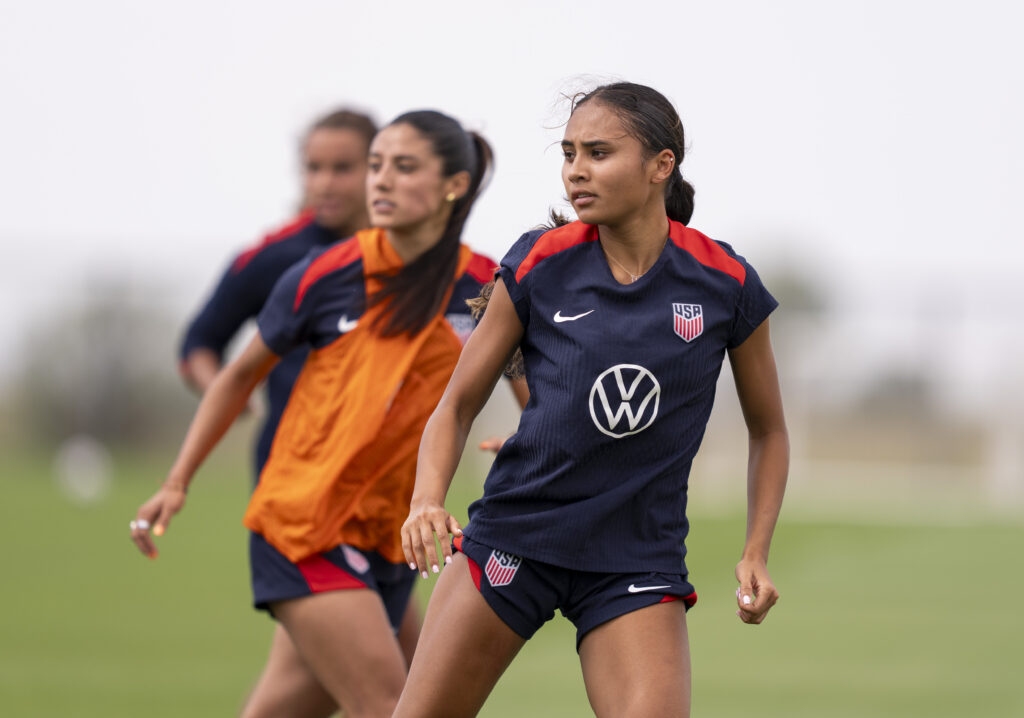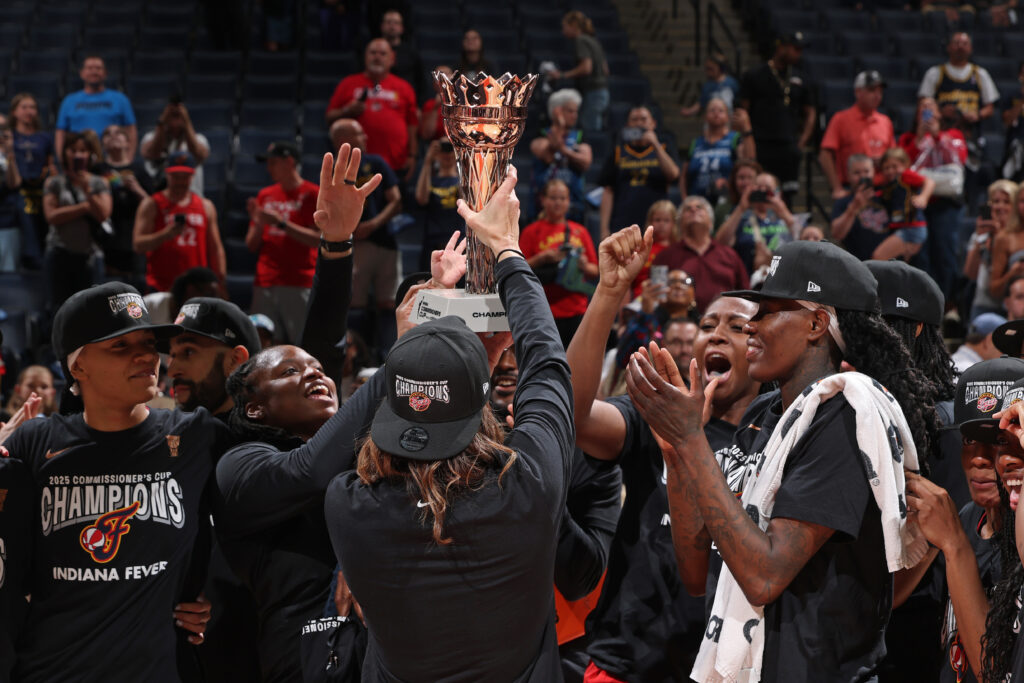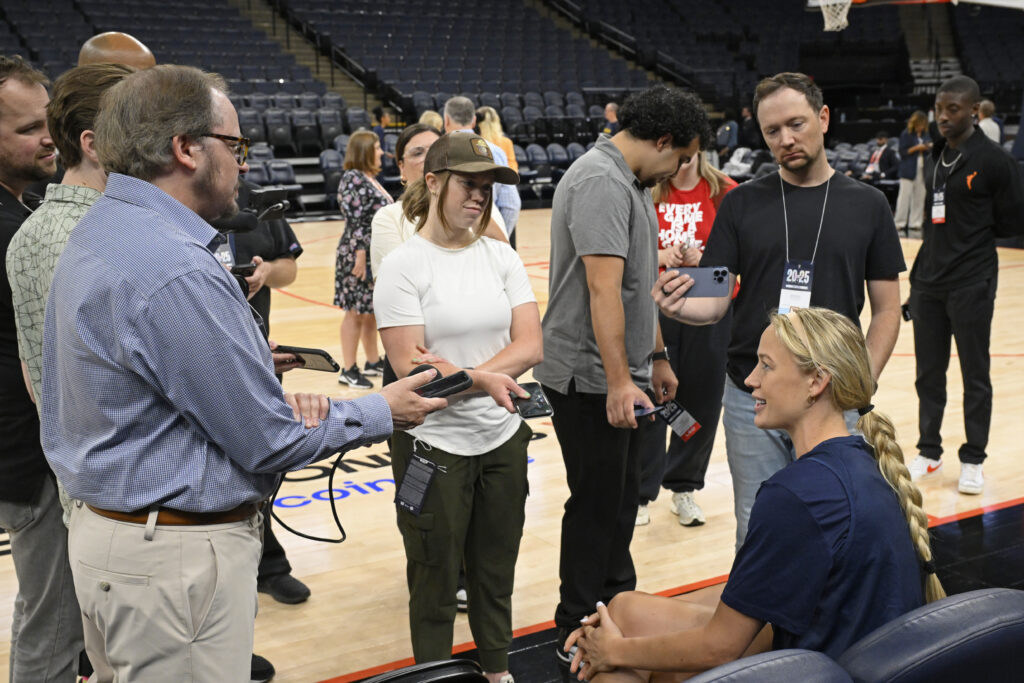On October 31st, British Prime Minister Boris Johnson announced that the UK would enter into its second lockdown, a decision that seemed a long time coming with the country recently hitting the one million case mark.
The Prime Minister confirmed that the new lockdown rules would begin starting on November 5th and would last up until the beginning of December. The lockdown rules state that a person can only leave their house for essential shopping, education and work (if one is unable to work from home), outdoor recreation, and medical reasons.
From Thursday 5 November until 2 December, you must stay at home.
— UK Prime Minister (@10DowningStreet) October 31, 2020
For more information on the new measures watch our video or visit: https://t.co/shgzOurdZC pic.twitter.com/KrBviO8kmO
Many had questions in regards to how professional sports would continue in the UK during these times, and the Prime Minister did clarify that all elite sports will continue. In regards to women’s football in the country, all football down to the reserve level is considered elite and will continue behind closed doors.
Up til now, the Football Association (the FA) has provided rigorous testing for all athletes, coaches, and staff involved in women’s soccer in order to ensure a safe environment.
The last round of testing results came back in late October, just days before the Prime Minister’s announcement. The results saw ten positive COVID tests out of 699 tests taken between October 19th and October 25th. This was a record high since the FA began testing players and staff of both the FA Women’s Super League and the FA Women’s Championship (the second-highest division of women’s football in England) back in July; the previous record was two.
It is important to note, though, that a majority of these cases have come from the Women’s Championship, and not the FA WSL. The Championship currently operates at a part-time level, and with many of the players and the staff having second jobs, it is pretty much impossible for them to remain within their own team bubbles. If positive cases continue to rise, and women’s football were to be suspended, it would likely only be the Championship that would be effected.
I understand the majority of these cases are based in the Championship, not the Women’s Super League https://t.co/3FyV8mRzKl
— Molly Hudson (@M0lly_Writes) October 27, 2020
This is not to say that the teams in the FA WSL would be immune to any changes. The 2020/21 FA Women’s League Cup (often referred to as the FA Women’s Continental League Cup or the the Conti Cup), which began early October, involves all 23 teams from the FA WSL and the FA Women’s Championship. If cases continue to rise in the Championship, it would be unwise to mix the two leagues for the sake of the competition. The FA might consider shelving the competition for the season, or at the very least, postponing it to 2021.
The FA Women’s Cup could also see changes. The 2019/20 tournament just wrapped up after previously being postponed (defending champions Manchester City beat Everton at Wembley in a thrilling 3-1 match which required extra time), and it is unsure when the 2020/21 matches will commence. That being said, teams from four divisions usually play in this tournament, which, like the Conti Cup, is a recipe for increased risk of exposure to the virus.
The hope is that all those involved in the sport are practicing proper social distancing measures so that the sport can continue to be played. While safety is obviously everyone’s top priority, the FA and its clubs know they can’t afford to undergo another financial shock as severe as that which occurred during the first lockdown this year.
